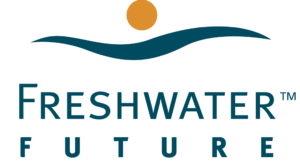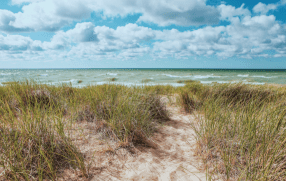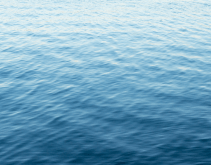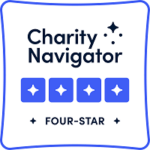Last Chance! Workshop to Use Your Voice to Push for Safer Water
The U.S. EPA is now taking public comment on their proposed updates to the Lead and Copper Rule; regulations that guide water systems on preventing and responding to lead in drinking water. Freshwater Future can help you prepare to comment. Register for our New Federal Lead Rule Workshop: Use Your Voice to Push for Safer Water webinar on January 9th! We will be discussing what wins we have secured in the new rule, what improvements are still needed to protect public health, and how your voice can be heard! Will you use your voice to push the U.S. EPA to adopt the strongest possible rules for testing and responding to lead in drinking water? The more people that speak out the better chance we have to get a stronger Rule. Register today.
You can also send comments urging the U.S. EPA to have the strongest possible Lead and Copper Rule.
Take Action! Help Improve U.S. EPA’s Public Participation Policy
For the first time in twenty years, the U.S. The Environmental Protection Agency (EPA) is proposing to change the way they engage the public in their decision making process. Their draft Meaningful Involvement Policy details how EPA will consider the concerns of affected people and organizations and improve the sustainability of the agency’s decisions. Yet, the draft policy fails to address clear ways in which the EPA will communicate transparently, protect environmental justice communities, and honor public comments. Freshwater Future has made it simple and easy to submit comments today. This policy is available for public comment until January 16th – but don’t wait!
Meet One of our Fall 2023 Grantees Working for Water Justice in Benton Harbor
In the spring and fall of each year, Freshwater Future awards project grants to grassroots organizations advocating on water issues in Great Lakes communities. This fall, we have been privileged to work with two amazing organizations working for water justice in Benton Harbor, Michigan. First, the Benton Harbor Community Water Council is educating residents to safely use water filters following replacement of all lead service lines in the city. With the funding, the council is ensuring that all residents have a water filter and know how to use it, along with when and how to replace it.
Meanwhile, the Project NEED Foundation is continuing to reclaim clean water and green spaces for Benton Harbor residents! This project focuses on cleaning up Ox Creek in Benton Harbor and creating safe green spaces for youth and families to enjoy. Project NEED Foundation is engaging youth to be environmental leaders that will help add to the quality of life for the community as a whole.
Does your grassroots organization need funding to advocate for the people and waters of your community? Learn more about our grants program and keep an eye out for our upcoming Spring Project Grants request for proposals.
Ohio’s New Road Salt Reduction Grant Program
Using salt on winter roads has been common since the 1940s and while the practice aims to make roads safer, it also leads to runoff that pollutes lakes, rivers, and streams. Last month, Ohio announced the H2Ohio Chloride Reduction Grant Program, allocating $1 million to assist local municipalities in adopting practices that reduce salt pollution. Municipalities, townships, counties, and other governmental agencies can apply for single grants of up to $75,000 through Jan. 31, 2024 to reduce pollution of waters from salt.
Transport Canada funds innovative research to prevent spread of invasive species in Great Lakes and St. Lawrence River
Over 60% of invasive species, like zebra mussels and spiny water fleas, are introduced from shipping ballast water. Invasive species harm the ecological health of the Great Lakes and have huge economic costs. Transport Canada announced $10.9 million for projects improving ballast water management systems in the Great Lakes and St. Lawrence River region, targeting aquatic invasive species. The program addresses technical challenges in treating ballast water in the region, aiming to enhance industry expertise and environmental protection.








